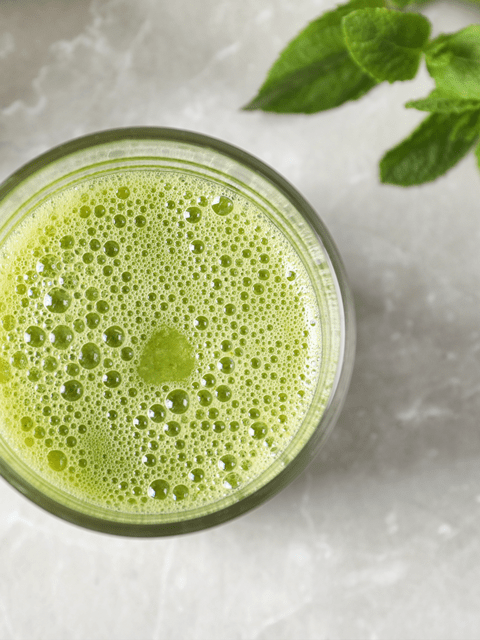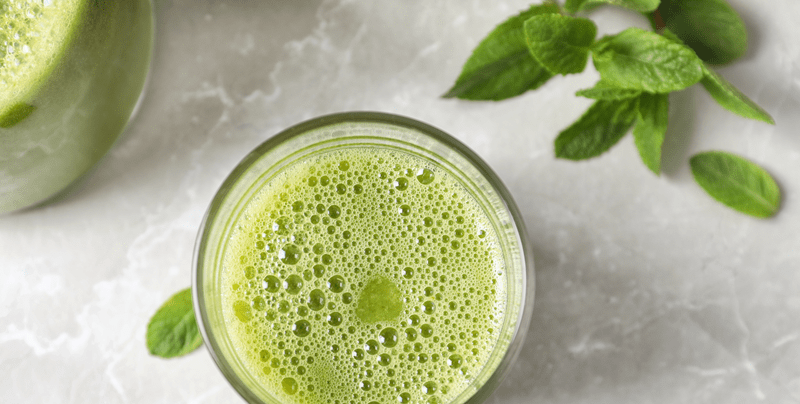

Home » Reference Library » Juicing - types of juicers, health concerns (12 lessons) » #5 – Health Concerns when Juicing


 Add to favorites
Add to favorites
By now, most of you know and understand the importance of including fruits and vegetables in your diet. Research has shown time and again that a diet rich in vegetables and moderate in fruits is an essential part of optimizing your health and vitality. Regardless of how your eating plan looks, adding more whole, fresh foods into your diet will help push out overly processed junk food. If you struggle getting enough veggies into your diet, juicing may be a good option. But you also need to focus on what you juice for YOUR own nutritional needs.

Juicing is the art of transforming whole foods into liquid. Fresh juice can offer increased energy, strengthen immunity, flush the body of toxins, and provide the raw materials to help your body heal more quickly and thoroughly. BUT it must be done correctly. Otherwise, you will end up on the other end of the spectrum. You may feel weak, flu-like, bloated, and flat out miserable.
Below I connected certain foods that we typically juice along with certain health issues. In a small amount, these foods may not be an issue, but overusing can create havoc in our bodies if we are not careful. I will be listing some foods to avoid and what foods to use instead when juicing. Remember this isn’t a full list as if you were making a salad from these foods. We are strictly talking about juicing today. If you suffer from any of the conditions below, please speak to your wellness practitioner for individual guidance.
What are Kidney Stones?
Foods to Avoid or Reduce Kidney Stones
Food to Try Instead
What is Acid Reflux?
Foods to Avoid or Reduce Acid Reflux
Foods to Try Instead when Juicing
What is High Blood Sugar?
Foods to Avoid or Reduce with High Blood Sugar
Foods to Try Instead when Juicing
What is Sugar Addiction?
Foods to Reduce or Avoid with Sugar Addiction
Foods to Try Instead when Juicing
What is Hypothyroid?
Foods to Reduce or Avoid with Hypothyroid
Foods to Try Instead when Juicing
Tags: Reference Library - Your Culinary Foundation
Widescreen WordPress Theme by Graph Paper Press All content © 2025 by AmieSue.com
This website participates in the Amazon Services LLC Associates Program. The program enables us to earn money by linking to amazon.com and affiliated websites.